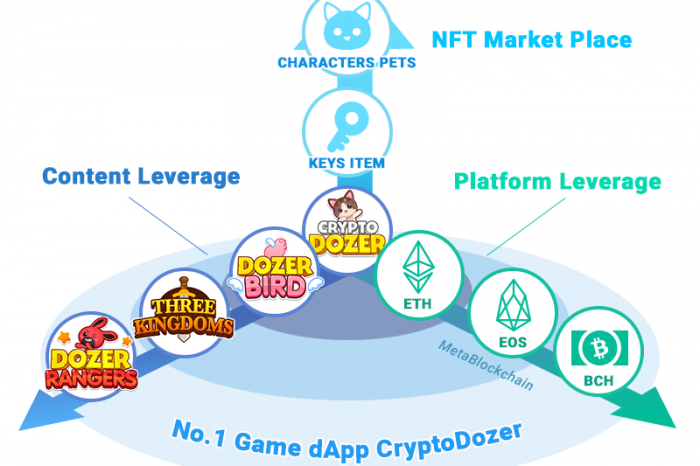Disney could potentially own the world’s oldest cryptocurrency exchange

The world’s biggest media conglomerate Disney could potentially own the world’s oldest cryptocurrency exchange, Bitstamp. According to South Korea’s local news outlet, Korean Herald, Disney is one of the major bidders for a 98.6% stake of Nexon. Nexon is South Korea’s largest game developer as well as the second largest game publisher in the world.
Nexon’s stake is held by NXC, which is the holding division of Nexon. NXC holds two cryptocurrency exchanges – Bitstamp and Korbit. NXC bought a 47% stake in Bitstamp in 2018 for $400 million. NXC also holds a 60% stake in Korbit, one of the biggest exchange in South Korea. Both the stakes belong to NXC.
Apart from Disney, a few major parties have also shown interest over the acquisition of Nexon. They include Tencent and Kakao. According to the report by the Korean Herald, Nexon’s chairman Jung-Ju Kim is more interested in Disney buying the stake.
Rumours of deal already done
According to the report, Nexon’s chairman is interested in Disney buying the stake which indicates that the deal will have a specific outcome. Some people believe the deal has already been done, and just the public announcement part is remaining.
Disney hasn’t been active in the cryptocurrency community. Their first project, Dragonchain, didn’t really take off. Disney is more interested in the gaming arm of Nexon, so it’s yet to be seen whether Disney will focus on the cryptocurrency industry or will it be the death of Bitstamp?
Discuss this news on our Telegram Community. Subscribe to us on Google news and do follow us on Twitter @Blockmanity
Did you like the news you just read? Please leave a feedback to help us serve you better
Disclaimer: Blockmanity is a news portal and does not provide any financial advice. Blockmanity's role is to inform the cryptocurrency and blockchain community about what's going on in this space. Please do your own due diligence before making any investment. Blockmanity won't be responsible for any loss of funds.














